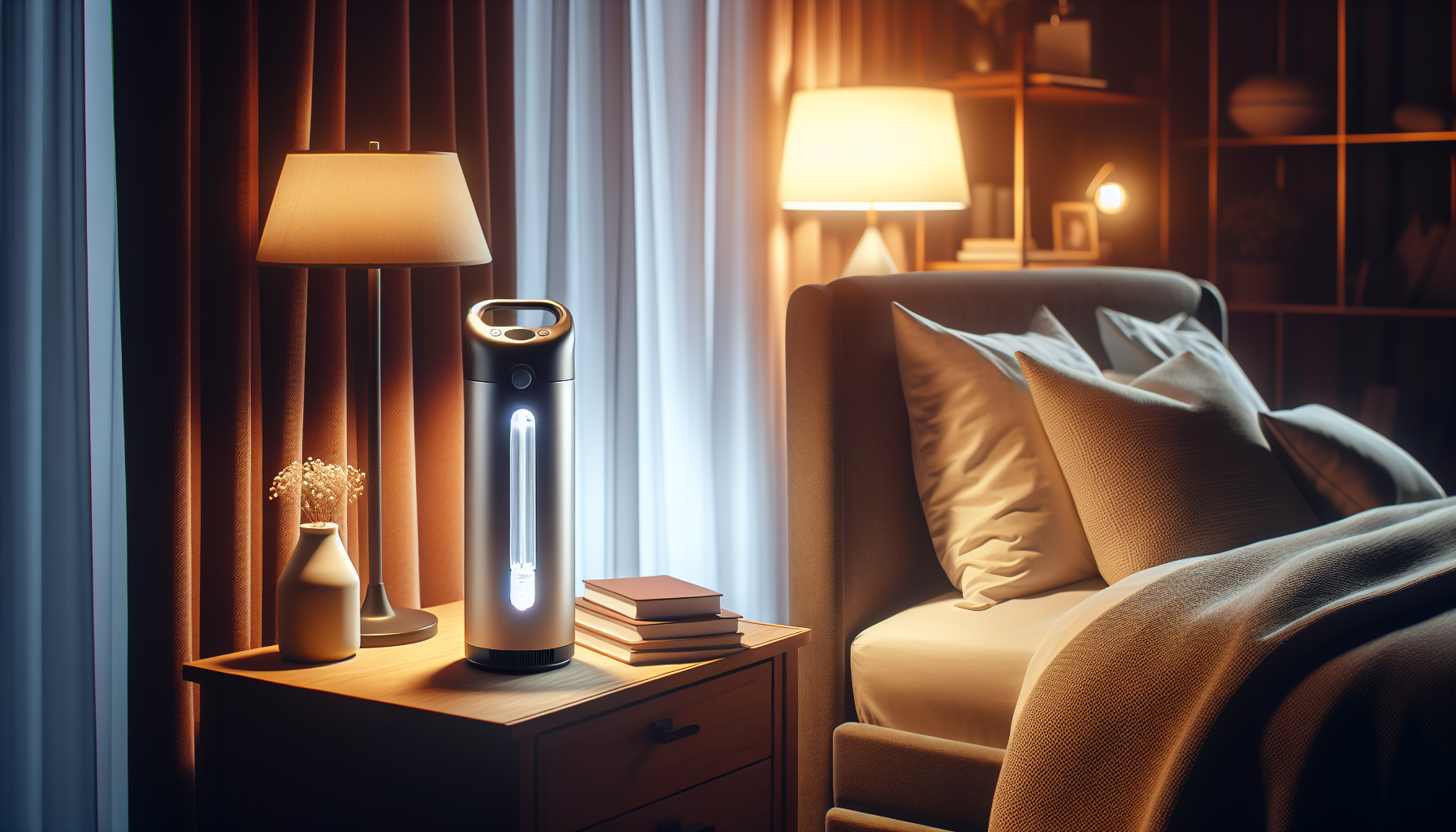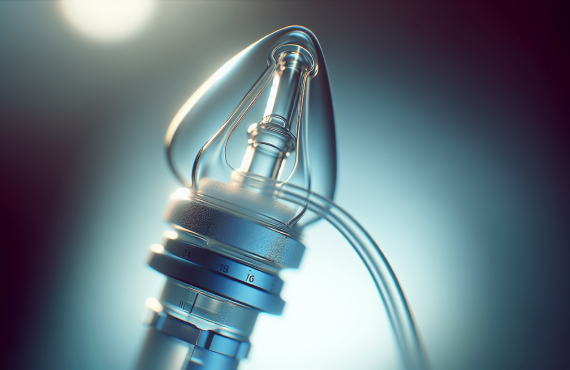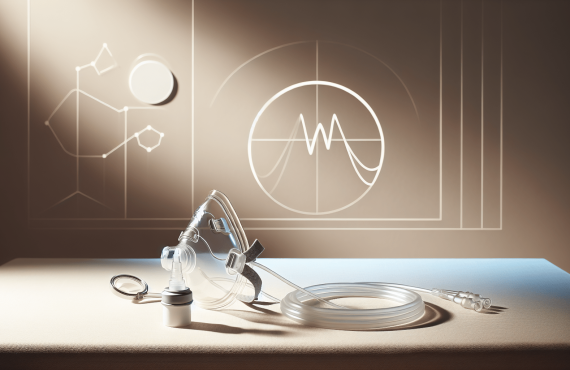Have you ever wondered what medical conditions might qualify you or a loved one for oxygen therapy at home? The world of home oxygen therapy might seem a bit complex at first, but understanding the basics can be quite enlightening, and even a bit fun. Let’s break down the essentials, keeping things straightforward and chatty.
Table of Contents
Understanding Home Oxygen Therapy
Home oxygen therapy, commonly referred to as home O2, provides supplemental oxygen to people who have medical conditions that affect their lungs or heart. This treatment helps ensure that your body receives the right amount of oxygen, especially when it’s incapable of doing so on its own.
What is Oxygen Therapy?
At its core, oxygen therapy involves supplying oxygen to your lungs to help you breathe more effectively. This can be crucial if your body struggles to maintain adequate oxygen levels due to chronic illness or an acute condition.
Why Do You Need Oxygen Therapy?
You might wonder why anyone would need extra oxygen when there’s plenty in the air already. Well, certain health conditions can impair your body’s ability to absorb oxygen from the air, leaving you with less than you might need to feel your best.
Common Conditions Qualifying for Home Oxygen
Many people are curious about which specific diagnoses make someone eligible for home oxygen therapy. Let’s explore the most common ones in a bit more detail.
Chronic Obstructive Pulmonary Disease (COPD)
COPD is a progressive disease that makes it hard to breathe. It is often caused by long-term exposure to irritants that damage your lungs. If you have COPD, you may qualify for home O2 because your lungs might not be able to provide your body with enough oxygen on their own.
Asthma
Asthma is another condition where your airways narrow and swell, possibly producing extra mucus, and making breathing more difficult. In severe cases, asthma can lead to low blood oxygen levels, necessitating supplemental oxygen therapy.
Pulmonary Fibrosis
This condition involves the scarring and stiffening of the lungs, which can impact breathing and result in decreased oxygen levels in the bloodstream. Home oxygen therapy can be essential for those living with pulmonary fibrosis to maintain suitable oxygen levels.
Heart Failure
Heart failure occurs when your heart cannot pump enough blood to meet your body’s needs. Oxygen saturation can drop as a result. With home oxygen therapy, individuals with heart failure may find improved comfort and better quality of life.
Pneumonia
Pneumonia can cause inflammation in the air sacs in your lungs, leading to diminished oxygen exchange. If you have severe pneumonia, short-term home oxygen therapy may be recommended to facilitate recovery.
How To Get Started With Home Oxygen Therapy
If you or someone close to you needs home oxygen therapy, you’ll likely have some questions about starting the process. Let’s go through the steps you can expect.
Medical Evaluation
The first step often involves a thorough medical evaluation. Your healthcare provider will assess your oxygen levels and overall health to determine if home oxygen therapy is necessary.
Prescription for Oxygen
Once your doctor confirms that you need supplemental oxygen, they’ll provide you with a prescription that outlines the appropriate flow rate and method of delivery, tailored to your specific requirements.
Equipment Needed
You might imagine tanks and face masks, and you’d be partially right! Home oxygen equipment generally includes a concentrator (which filters oxygen from the air), tanks, or portable systems, along with tubing and nasal cannulas or masks.
Learning To Use Your Equipment
Before starting therapy, make sure you understand how to operate all equipment safely. Healthcare providers often provide training for you and any caregivers, covering best practices and safety measures.
Benefits of Home Oxygen Therapy
Supplemental oxygen can improve your quality of life significantly. Let’s chat about some of its perks.
Enhanced Breathing
With additional oxygen support, many people notice an improvement in their ability to breathe comfortably, reducing strain on their bodies.
Improved Sleep
Some individuals experience enhanced sleep quality, especially if night-time oxygen levels have been an issue and are relieved by supplemental oxygen.
Increased Energy Levels
Once your body receives enough oxygen, many report feeling more energetic, which can significantly enhance their overall well-being.
Better Mental Clarity
Adequate oxygenation can also help improve mental function, offering clearer thinking and better concentration.
Hyperbaric Therapy: A Different Kind of Oxygen Treatment
You might also hear about hyperbaric therapy as another form of oxygen treatment. Let’s take a brief detour to understand what it’s all about.
What is Hyperbaric Therapy?
Hyperbaric oxygen therapy (HBOT) involves breathing in pure oxygen within a highly pressurized chamber. This process significantly boosts the oxygen concentration in your blood and body tissues.
How Does Hyperbaric Therapy Work?
In a hyperbaric chamber, oxygen dissolves more efficiently into your plasma, reaching even the most oxygen-starved areas of your body. This promotes healing, encourages tissue repair, and reduces inflammation significantly.
Safety and Considerations for Home Oxygen
While oxygen therapy has numerous benefits, it’s key to consider safety and proper usage to maximize its effectiveness.
Safety Tips
Avoid open flames or smoking near oxygen equipment, as oxygen can increase flammability. Ensure that the oxygen system is set up according to the guidelines provided by healthcare professionals.
Monitoring Your Progress
Regular check-ins with your healthcare provider are essential. They’ll help ensure that your oxygen levels are in a safe range and adjust your treatment plan as necessary.
Potential Side Effects
Sometimes, individuals may experience side effects like dry nose or throat. Humidification can help relieve these symptoms. Always report any concerns to your healthcare provider.
Meet Your Pensacola Chiropractors
Finding the right healthcare professionals is always a good idea. If you’re in the Pensacola, Florida area and looking for chiropractic assistance, here’s who can help you along your wellness journey.
Dr. Craig Henry
Dr. Craig Henry, a licensed chiropractor, owns Henry Chiropractic. With a passion for improving health and wellness, he helps individuals manage back pain, neck issues, and promotes an overall improvement in life quality.
Dr. Aaron Hixon
Dr. Hixon, also a member of the Henry Chiropractic team, is from Milton, FL. He’s not only passionate about chiropractic care but also actively participates in helping his local community. His expertise spans multiple chiropractic techniques, ensuring he can provide the best treatments for his patients.
Location and Contact
You can find Henry Chiropractic at:
1823 N 9th Ave
Pensacola, FL 32503
(850) 435-7777
Learn More Online
For more information or to book an appointment, head over to Henry Chiropractic’s website.
Frequently Asked Questions
It’s natural to have questions about home oxygen therapy. Here are some common ones along with their answers.
Can You Sleep With An Oxygen Concentrator?
Yes, many people using home oxygen therapy sleep with their concentrator on to maintain adequate oxygen levels overnight.
How Do You Know if You Need Oxygen Therapy?
If you’re experiencing chronic shortness of breath or have a medical condition known to impair oxygen levels, consult your healthcare provider for an assessment.
Is portable oxygen different from home oxygen?
Portable oxygen systems are designed for use on-the-go, providing convenience to those who need oxygen therapy outside the home. Home systems are often larger and not easily transported.
How Long Will I Need Oxygen Therapy?
This depends on your specific health condition. Some may need it long-term, while others may only use oxygen therapy temporarily during recovery.
Does Insurance Cover Home Oxygen Therapy?
Many insurance plans provide coverage for oxygen therapy if it’s deemed medically necessary. Check with your insurance provider to understand your specific coverage.
We hope this journey through the ins and outs of qualifying for home oxygen therapy has been informative and pleasant. Whether it’s breathing a little easier or understanding your options better, having clear information can make all the difference to your health and peace of mind.







